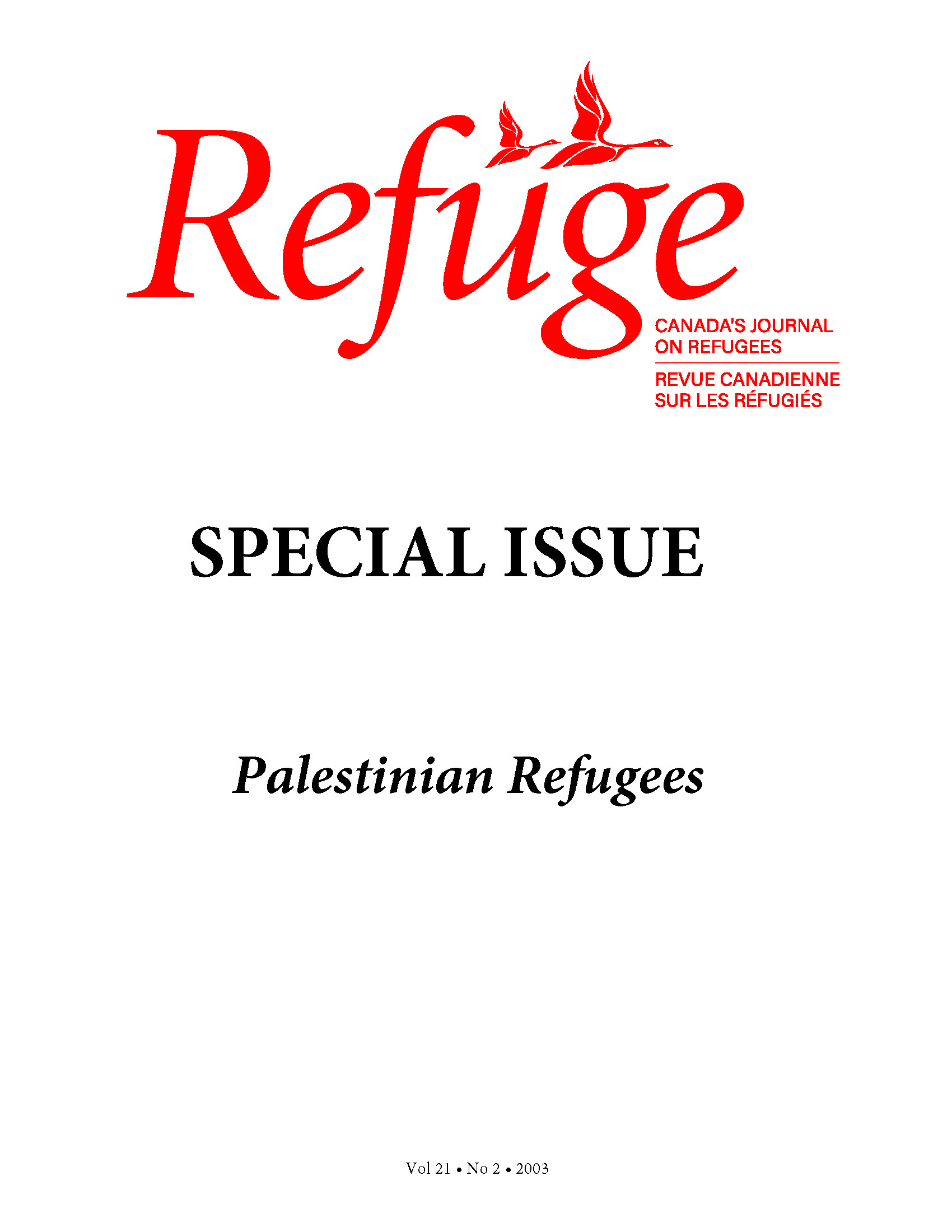Ahani v. Canada: A Persuasive Dialogue within the Courts
DOI:
https://doi.org/10.25071/1920-7336.21296Keywords:
Canada, law, domestic courts, international law, justiciability, asylumAbstract
This paper is a comment on Ahani v. Canada (OCA). Canadian courts are presently involved in a dialogue over the role of international law domestically. The courts’ own grappling with various norms of international law, however, has helped to clarify and reinforce the status of these norms. In Baker v. Canada, the Supreme Court gave a new prominence to the “persuasive approach” of applying international law. Ahani demonstrates that while the persuasive approach has begun to be internalized into Canadian law, the courts are still at odds with how persuasive international law should be. To complicate this account, the Supreme Court’s discussion in Suresh of peremptory norms of international law demonstrates that an over-emphasis on the “persuasive” approach can in fact weaken the role of international law domestically. At the same time, the dialogue within the courts is linked to a much more general dialogue. The importance of cases such as Ahani ultimately stretches beyond the domestic context.Metrics
Downloads
Published
How to Cite
Issue
Section
License
Copyright (c) 2003 Adrian di Giovanni

This work is licensed under a Creative Commons Attribution-NonCommercial 4.0 International License.
Refuge authors retain the copyright over their work, and license it to the general public under the Creative Commons Attribution-Non Commercial License International (CC BY-NC 4.0). This license allows for non-commercial use, reproduction and adaption of the material in any medium or format, with proper attribution. For general information on Creative Commons licences, visit the Creative Commons site. For the CC BY-NC 4.0 license, review the human readable summary.







